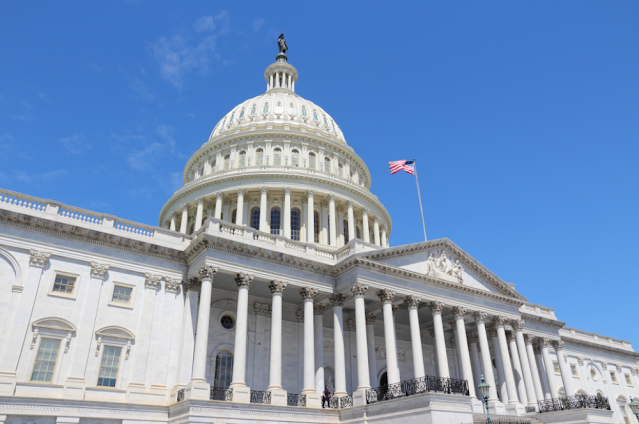Democrats push to extend child tax credit payment for one year
As lawmakers work to scale back President Biden's $3.5 trillion social spending plan, a proposed extension of the monthly payments to the child tax credit that Democrats passed in the US bailout may be cut short.
Democrats are trying to reduce the "Build Back Better" bill to roughly $1.75 to $1.9 trillion because some centrist Democrats objected to its high price. As a result, the monthly payments received by tens of millions of families -- up to $3,600 a year per child -- may only be extended for a year or two, instead of the additional four years called for by the White House, according to several people familiar with the discussions. . Democrats need every senator to pass the final legislation because they almost certainly won't get any Republican support.
Defenders of the old child tax credit, such as Congresswoman Rosa DeLauro, have called the one-year extension a "huge mistake" and said Democrats might eventually miss an opportunity to lift children out of poverty. DeLauro calls the extended benefit "Children's Social Security" and questioned why it should be treated differently than Social Security for seniors.
"If you don't put this on a long-term path, it will put millions of children back into poverty," DeLauro said in an interview.
Democrats initially took credit for the US bailout, which passed along partisan lines in March. In it, eligible families with children under six can get up to $3,600 a year per child, increasing from $2,000 per child under the Tax Cuts and Jobs Act of 2017. Families with children ages 6 through 17 years old can receive up to $3,000 per year per child. The expansion fully refunded the credit and split half into monthly payments for the second half of 2021. When the tax credit is "refundable," even those with little or no income qualify for the money.
"The most important piece of legislation for very low-income families is that it remains fully refundable," said Eileen Mag of the Brookings Center for Urban Tax Policy. "What this means is that even low-income families get the full value of the credit. Otherwise, we're back to a system where about a third of children receive only a portion of the child tax credit which is the lowest of a third of children's income."
According to multiple estimates, the effects of the expanded child tax credit included in the US bailout were significant. This month, the Treasury distributed more than $15 billion in payments to the families of 61 million children.
Columbia University's Center on Poverty and Social Policy found that the first expanded monthly payment of the Child Tax Credit in July kept 3 million children above the poverty line. It held more than 3.5 million children out of poverty in August. The center estimated that the expanded tax credit for children could reduce child poverty by 40%. If payments are withdrawn, millions of children could again plunge into poverty, depending on the economic landscape.
The Institute for Social Policy at Washington University in St. Louis found that more than 50% of families use the money on food, more than 35% use it to pay essential bills, about 30% use it for clothing, and 27% use it for rent. Or mortgages and 26% put them on school expenses.
I talk to families about affordability for diapers, school supplies, or gasoline," Congresswoman Susan Delbiny of Washington said in an interview. Flexibility in the children's tax credit was essential to help families meet the needs that they should be able to care for their children.
Democratic Senator Cory Booker of New Jersey said he spoke with Biden this week and warned that the child tax credit extension details had not been finalized. He said there was a "good chance" that the balance would be fully recoverable and that it would always be, calling the president a "refreshing ally" in the case.
"There is a possibility that we will have more than a year," Booker said in an interview. "A lot of this is still going on, and I'm going to push for as much as I can because this credit has made a huge difference in people's lives."
But Democratic Senator Joe Manchin of West Virginia has previously called for an income cap for families receiving the benefit, limiting eligibility, Axios reported. Other Democrats backed down.
Suppose the Extended Child Tax Credit payments are set for families with an income of $60,000, which Manchin is said to have floated. In that case, more than 37 million children will be cut off from the payments, according to an analysis by the libertarian Niskanen Center. Just over 24.5 million children will receive these payments, down from the nearly 62 million children who currently receive them.
Lawmakers also disagree on whether there should be work requirements for child tax credit payments, which tax credit proponents and policy experts reject, saying the entire reason for the benefit is to help children.
"You'll be there, you'll be there without the work requirements because parenting is work," said Democratic Senator Sherrod Brown of Ohio.

Post a Comment